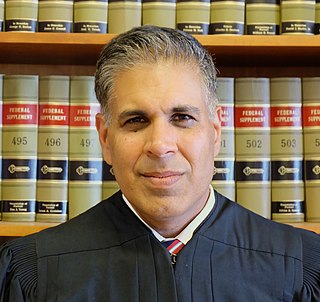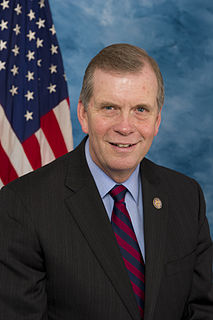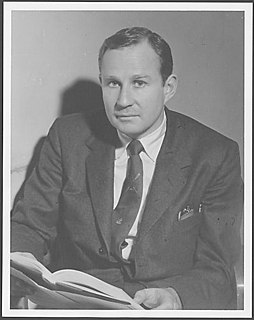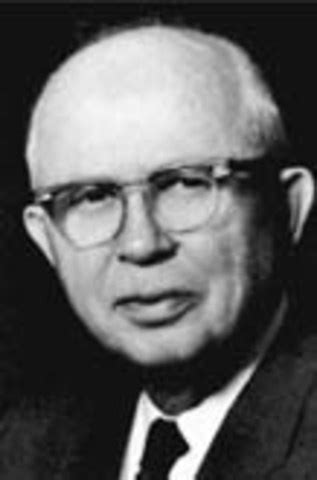A Quote by Jake Tapper
I generally feel that the solution to speech that people find offensive is more speech. You should talk about it, discuss it.
Related Quotes
Very often in free speech cases you find yourself defending material that you personally detest, because of course it's no trick to defend the free speech of people you either agree with or who don't particularly upset you. It's when people really upset you that you discover if you believe in free speech or not.
If a university official's letter accusing a speaker of having a proclivity to commit speech crimes before she's given the speech - which then leads to Facebook postings demanding that Ann Coulter be hurt, a massive riot and a police-ordered cancellation of the speech - is not hate speech, then there is no such thing as hate speech.
I am very annoyed about this issue. Why can’t it be a choice? Why is that any less legitimate? It seems we’re just ceding this point to bigots who are demanding it, and I don’t think that they should define the terms of the debate. I also feel like people think I was walking around in a cloud and didn’t realize I was gay, which I find really offensive. I find it offensive to me, but I also find it offensive to all the men I’ve been out with.
In China, your freedom is always limited, but this limitation applies to almost everyone. If someone does injustice to you, though, you have to find a way to avenge yourself - even by illegal measures. In a sense, injustice is more personal. This idea has always been in Chinese history. I think we read about freedom of speech, or lack of freedom of speech, in China so often. But I don't think people here in America think about how justice, or the idea of justice, is so important in a Chinese setting. It's probably more important than freedom of speech in the Chinese mindset at this moment.
































